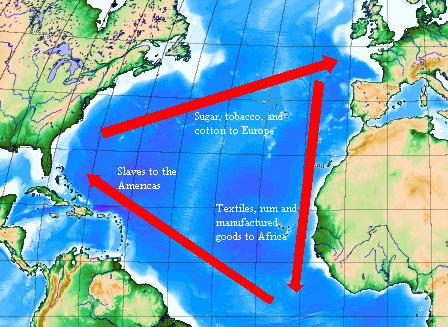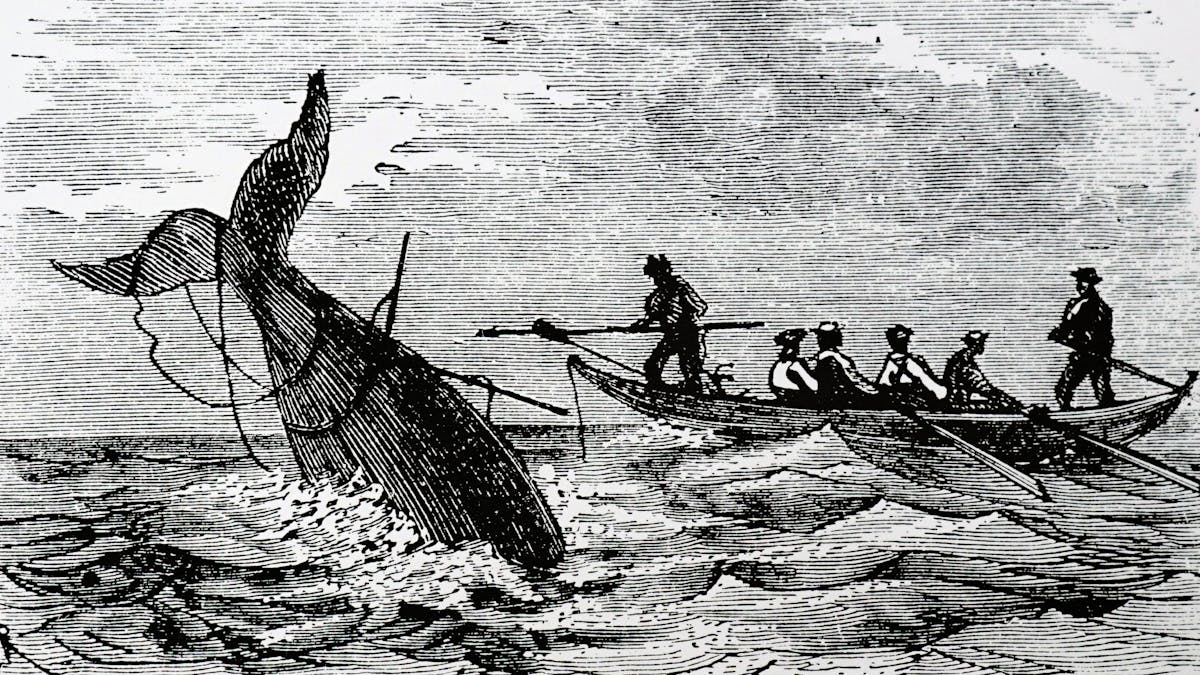Unless you’ve been living under a rock, you’ll have noticed that all over social media, Sea Shanties are having something of a renaissance. A postal worker from Airdrie in Scotland called Nathan Evans started using TikTok and started singing shanties, and thus Sea Shanties became the order of the day in January 2021.
This isn’t the first time this has happened: In 2015, they had some brief exposure after a Cornish band called “Fisherman’s Friend” got popular, and two years prior, Assassin’s Creed Black Flag got these songs popular. One of the questions we keep getting asked is why the song “The Wellerman” isn’t included, and I’m going to try to answer that. Apologies for the incoming history lesson…
Sea Shanties
To analyse this, we must first talk about Shanties. The word itself is a lot younger than the music form, but the word has uncertain etymological origins. What we do know is that the word emerged in the mid 1800’s and the songs we all know mainly emerged from the slave trade. During the time that people were kidnapped from their homes and put to slavery in the Deep South of the USA and the Caribbean, these songs started emerging from the sailors. The call and response aspect probably emerged from the call and response aspects of sub-Saharan African vocal music. This probably was a knock-on effect of transporting all the people from sub-Saharan Africa.

Don’t let this bit of history fool you though, Shanties as a music form have existed for thousands of years, with origins going as far back as Ancient China and the Vikings. We know of at least one song that has survived from that period, as the TV Show, The Vikings, faithfully recreated it in Season 4.
“So Davey”, I hear you ask, “Who made these songs survive?” Well, imaginary construct used to further explain things, two movements. Firstly, the colonial nature of sailing when Britain became the most powerful naval empire in the world meant that they would naturally use people from coastal areas. On top of that, they’d prefer to use sailors from Cornwall, Wales, Ireland and Scotland, before picking on the English, and Yorkshiremen were always first when it got to picking up Englishmen. This is why you hear people joking about going to Hull and never returning. It’s something of a colonial throwback. These people, however, brought their music with them. Elements of traditional Ceilidh music and folk songs can be heard in Sea Shanties for this very reason.
It’s also this reason why you really should hear stronger Welsh, Scottish and Irish accents in Assassin’s Creed: Black Flag. However, as I’ve explained before, they have form for not getting aspects of history right to help fit the narrative. If you want further proof of this, just cast your eyes over how many Scottish surnames you find in countries like Jamaica.
So, as these men (usually forced into transporting slaves) sailed between London, Lancaster, sub-Saharan Africa and the Caribbean, they’d sing along to keep themselves working. It kept them happy (ish) and also keep them working in rhythm with each other, and thus, songs like “Drunken Sailor” and “Goodbye To Padstow” were born.
The Wellerman
So, to cover this answer as well as I can, I’m going to dive a little further into history. It turns out that this song actually originates about 120 years after Assassin’s Creed: Black Flag. The game is set in 1715-1721, which is known as the Golden Age of Piracy. The Wellerman, however, has an acutely specific origin.

In the late 1700’s, Europeans who had settled in New Zealand had started up whaling companies, as it turns out, there were plenty of whales between New Zealand and Australia. In this situation, three English brothers called The Wellers set up a whaling station in Otakou, near Dunedin in New Zealand. They got very successful indeed, with whaling and the supply of Timber making them inordinately wealthy. They had poor relationships with the indigenous people of New Zealand, who didn’t like the company chopping trees from their sacred forests, and really hated them for taking Maori food (it’s believed that they also hunted whale).

Whaling at that point was a dangerous job, with people dying from infections and scurvy at a quick rate, and thus The Wellers sent supply ships out to the whalers, and thus, the song was born. The relationships with the Maori improved over time, and it’s believed that the tune originated from their songs.
So, to answer the question, Ubisoft have an incredibly talented team of people who do their research, but this insanely catchy song wouldn’t have worked. It’s a historical impossibility for people like Edward Kenway and Blackbeard to have heard the song. That doesn’t mean you can’t sing the song whilst sailing around in the game, but don’t expect your sailors to sing along with you.
That’s the question answered as well as I can. Have a lovely day and stay safe, and if you have any further questions, feel free to ask me here or in the comments.
For The Gamerhub, I’ve been Davey.




